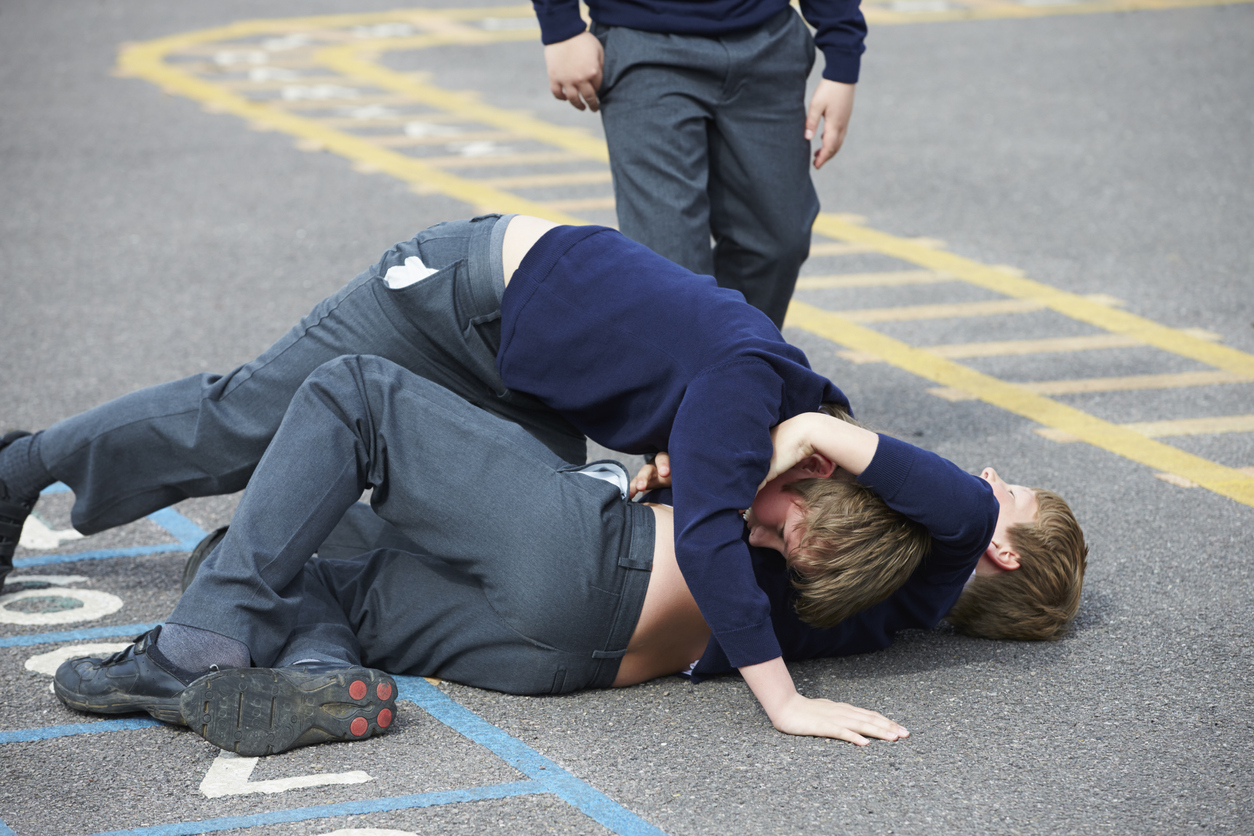A federal jury convicted a Pittsburgh registered sex offender in November 2023 for possessing AI-modified explicit images of child celebrities. The Pittsburgh man possessed pictures that digitally superimposed the faces of child actors onto nude bodies and bodies engaged in sex acts. AI-generated images are on the rise, and these images are being used for…
Continue reading ›Orange County Juvenile Defense Blog
- Understanding Diversion Programs: Keeping Your Teen Out of Court
- Expungement Options for Your Child’s Juvenile Record
- Your Teen’s Rights During Police Questioning: A Parent’s Perspective
- Defending Against Bullying-Related Criminal Charges in Schools
- Digital Evidence and Your Teen: Navigating Phone Searches in Criminal Cases
As a juvenile facing disciplinary actions at school, it is essential to understand the legal implications involved and how you can protect your rights. The intersection of school discipline and juvenile law can be complex, but with the right legal representation, you can navigate this challenging situation. The Law Office of Katie Walsh is here…
Continue reading ›Being charged with a drug offense as a juvenile can have serious consequences that can significantly impact your future prospects. It is important to understand the potential long-term effects a drug conviction can have on your professional and educational opportunities. The Law Office of Katie Walsh is dedicated to helping juveniles facing criminal charges in…
Continue reading ›When it comes to juvenile theft cases, there is a wide spectrum of charges and consequences that can have a significant impact on a young person’s life. It is crucial for juveniles facing these criminal charges in Orange County to understand the different types of theft and the defense options available to them. If you…
Continue reading ›Many of the juveniles who are arrested and sentenced in the state of California are tried as a juvenile. Even though the above is true, there are some instances in which a juvenile can be, and is, sentenced as an adult for the crimes that they are alleged to have committed. Going over how the…
Continue reading ›In today’s digital age, the issue of cyberbullying and cybercrimes among youth has become a growing concern. With the rise of social media platforms and online communication, juveniles are increasingly facing legal consequences for their actions in the virtual world. As a juvenile facing criminal charges related to cyberbullying or cybercrimes in Orange County, it…
Continue reading ›A minor can be given a wide variety of different sentences. But, out of all the different sentences available to a juvenile, one of the most desirable is a juvenile informal diversion program. Going over what, exactly, a juvenile informal diversion program is and speaking with a California juvenile criminal lawyer will make it easier…
Continue reading ›If a minor is involved in a crime, then their involvement in this crime, as well as any other related information, will be placed into a juvenile record. Many people assume that this California juvenile record is automatically sealed – or, in turn, that its contents are expunged – when the minor turns eighteen. But,…
Continue reading ›The state of California’s juvenile court has jurisdiction over many of California’s youth. Going over who they have jurisdiction over, specifically, and what this means while speaking with a California juvenile defense lawyer will allow you to protect your child from unnecessary legal challenges. Who Does California’s Juvenile Court Have Jurisdiction Over? The state of…
Continue reading ›Juvenile crimes can be a challenging situation for both parents and their children. When it comes to charges of battery, it is crucial to understand the gravity of the situation and take the appropriate steps to protect your child’s future. At The Law Office of Katie Walsh, we are dedicated to providing the best results…
Continue reading ›











